
Abstract
The global demand for high-quality plywood continues to rise, driven by diverse industries such as construction, furniture manufacturing, and interior design. As a result, sourcing plywood from reliable and cost-effective suppliers has become a priority for businesses. This paper explores the advantages of importing plywood from Vietnam, a country that has emerged as a prominent player in the plywood industry. We present five compelling reasons why choosing Vietnam as a source for plywood imports can be a strategic decision.

Introduction
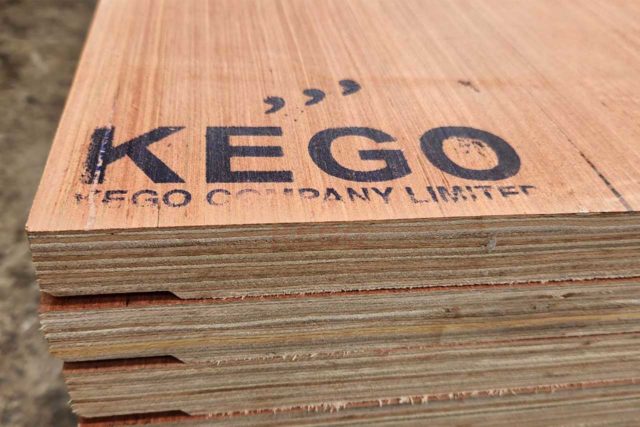
Plywood is a versatile and essential material used in a wide range of applications, from building construction to crafting fine furniture. While numerous countries produce plywood, Vietnam has gained significant attention as a leading supplier in recent years. This paper delves into the five key reasons that make importing plywood from Vietnam an advantageous option for businesses seeking top-quality products at competitive prices.
1. Abundant and Sustainable Raw Materials
Vietnam benefits from a rich supply of raw materials required for plywood production. The country’s vast forests provide a steady source of high-quality timber, including species like acacia and eucalyptus, which are ideal for plywood manufacturing. Additionally, Vietnam’s commitment to sustainable forestry practices ensures that the sourcing of raw materials is environmentally responsible and future-oriented.
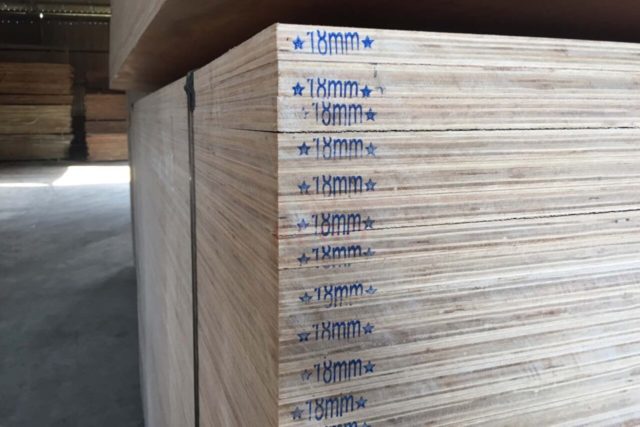
2. Cost-Effectiveness and Competitive Pricing
One of the primary attractions of importing plywood from Vietnam is the cost-effectiveness of the products. The country’s lower labor and production costs compared to many other plywood-producing nations allow manufacturers to offer competitive prices without compromising on quality. This cost advantage can significantly benefit businesses looking to optimize their procurement strategies.

3. Advanced Manufacturing Technology
Vietnam has made substantial investments in upgrading its plywood manufacturing technology. This commitment to technological advancement has resulted in improved production processes, enhanced product quality, and increased efficiency. The incorporation of cutting-edge equipment and techniques ensures that plywood products from Vietnam meet international standards and customer expectations.
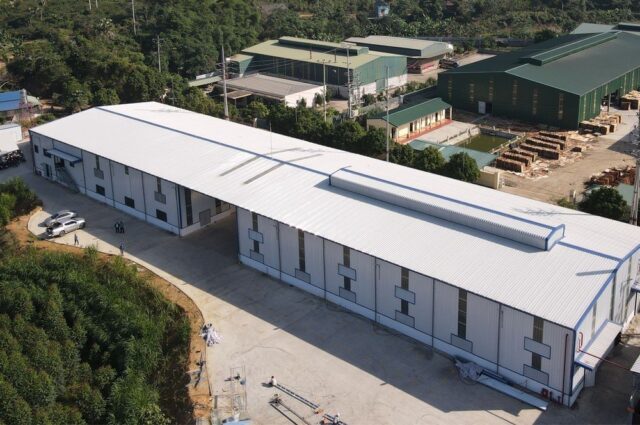
4. Diverse Product Range and Customization
Vietnam’s plywood industry is known for its versatility in product offerings. Manufacturers in Vietnam produce a wide variety of plywood types, ranging from standard structural plywood to specialized products for specific applications such as marine, exterior, and interior use. This diversity allows businesses to source tailor-made solutions that align with their precise requirements, fostering innovation and creativity in their projects.
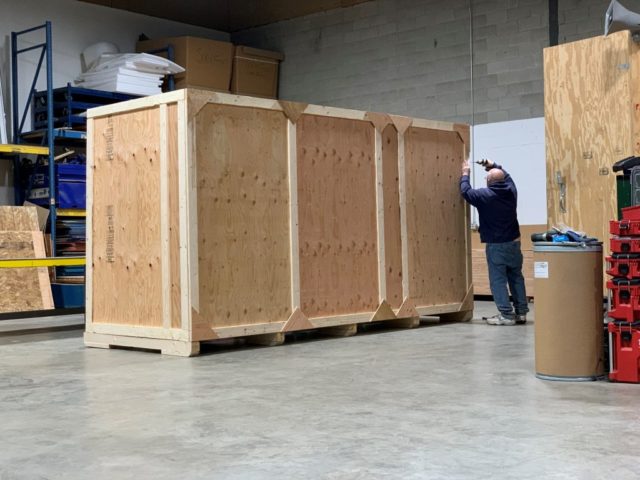
5. Strong Export Infrastructure and Global Reach
Vietnam’s plywood industry has developed a robust export infrastructure, making it seamless for businesses worldwide to import products. Well-established shipping and logistics networks ensure timely deliveries to international destinations, reducing lead times and supply chain disruptions. Moreover, the country’s strategic location in Southeast Asia facilitates easy access to global markets.
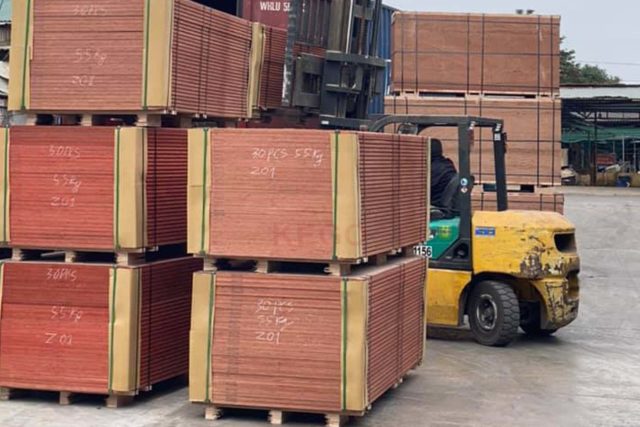
Conclusion
The decision to import plywood from Vietnam offers several compelling advantages that cater to the needs of businesses across various industries. From abundant and sustainable raw materials to cost-effective pricing, advanced manufacturing technology, diverse product offerings, and a strong global export infrastructure, Vietnam stands as an attractive source for high-quality plywood imports. As the demand for plywood continues to grow, leveraging Vietnam’s strengths in the industry can be a strategic move for businesses aiming to balance quality, affordability, and reliability in their supply chains.





